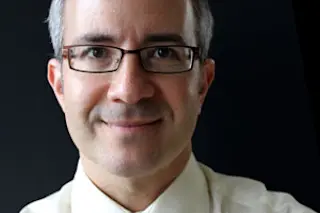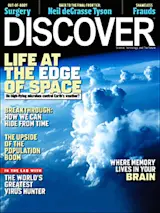Journalists tend to love bad news. you do too, which is why we keep delivering it. Which headline would you pay more attention to: “World May End in 2012” or “World Highly Unlikely to End This Year”?
We do it even though we know that gloom and doom is not the whole story. One odd consequence is that when we look at things as they truly are, the results can seem surprising. For instance, remember all those stories last year about the looming scarcity and skyrocketing prices of rare earth metals? Those elements are crucial for the manufacture of cell phones and many other consumer electronics, so an interruption in the supply seemed potentially disastrous. Except that we are now facing a glut. A new mine in Malaysia, designed to help alleviate the rare earth shortage, had trouble with its financing in light of plummeting prices. Crisis? What crisis?
On ...















